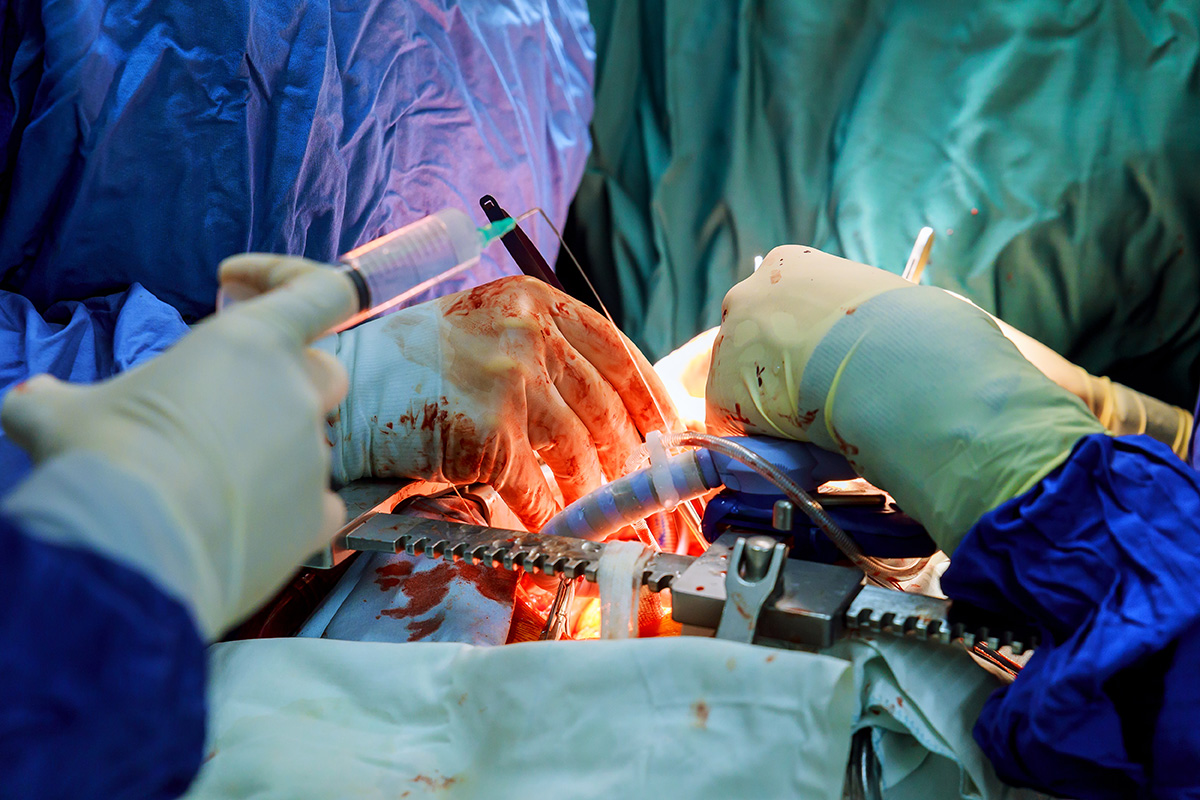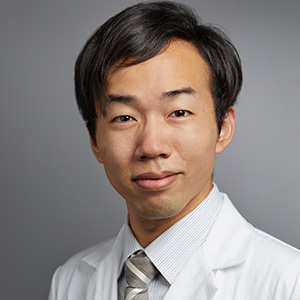How Do You Know You Want to be a Cardiothoracic Surgeon?

As an integrated cardiothoracic surgery intern at the time, my general surgery chief resident asked me, "How did you know so early on that you wanted to do cardiothoracic surgery?" To her, who decided on her subspecialty fellowship after seeing the breadth of surgical subspecialties through years of general surgery training, a medical student deciding on an integrated pathway to a subspecialty seemed too early and uninformed.
Indeed, in the integrated pathway's infancy, concerns for potential mid-training attrition were raised citing this very reason.
But ultimately, how does a trainee or a student decide on a specialty? Ideally, it is based on sufficient information; but how much is sufficient and how long should one spend to gather that information? In the U.S., the training pipeline in medicine already encourages a fairly late specialization.
This pipeline is in comparison to other countries with six-year medical school curriculum immediately after high school and competency-based trainee promotion, rather than the time-based promotion and a stepwise sub-specialization system in the U.S.
Ultimately, it is impossible to know everything about what the career specialty entails before making that commitment. I imagine that one may never know enough about the career itself even at the moment of retirement, partly because the "enough" is arbitrary and personal.
I argue that the timing or amount of information gathered to make the commitment is secondary to the inspiration leading to the decision to commit. Some may have a vivid moment during a clinical or non-clinical experience that allowed them to conclude that the specialty will be their lifework.

For the rest of us, it may be a gradual process of nurturing the initial inspiration that is tenuous but present, followed by weighing complex interactions of pros and cons of the potential career choice against personal values to eventually reach the decision. The path is an individual one and there is no inherent superiority of one over the other, just like the traditional and integrated paths simply providing entry points at different times.
The training framework in cardiothoracic surgery is currently at a very luxurious state, where the traditional, integrated and hybrid paths coexist in a fine balance and trainees can choose among them. I hope that this coexistence continues.
I believe that inspiration – not the time nor quantity of information that led to pursue the career path – is what leads to a fulfilling career, and the timing of finding the inspiration is individual.
I knew I wanted to be a cardiothoracic surgeon when I first saw an arrested heart "miraculously" starting to beat again at the end of a case. I occasionally revisit the moment in my mind on a rainy day, and so far, I have no regrets.

This article was authored by Makoto Mori, BS, integrated cardiothoracic surgery resident at Yale University in New Haven, CT.

